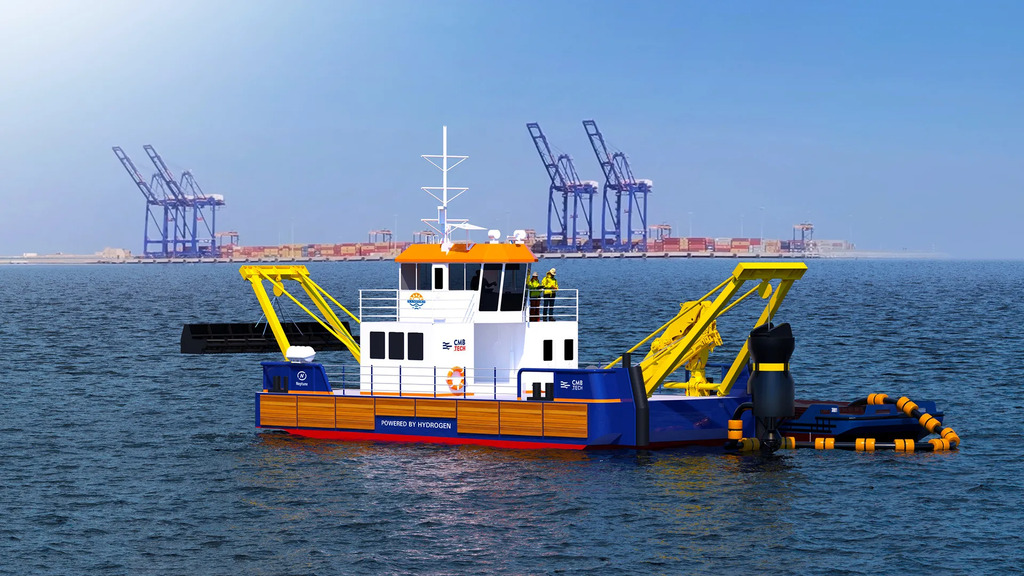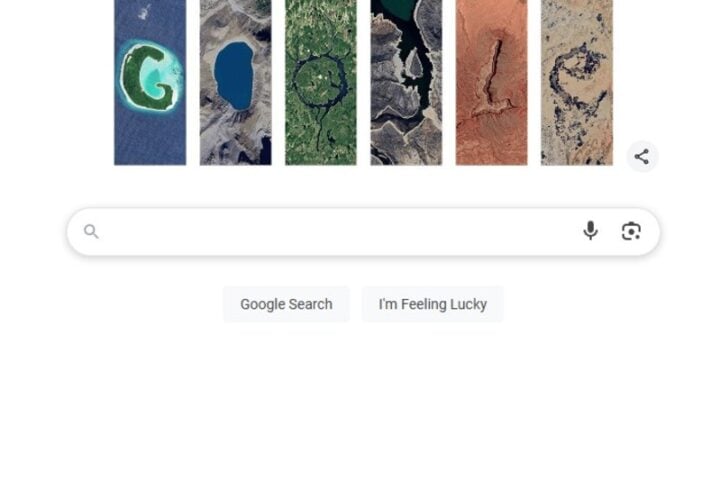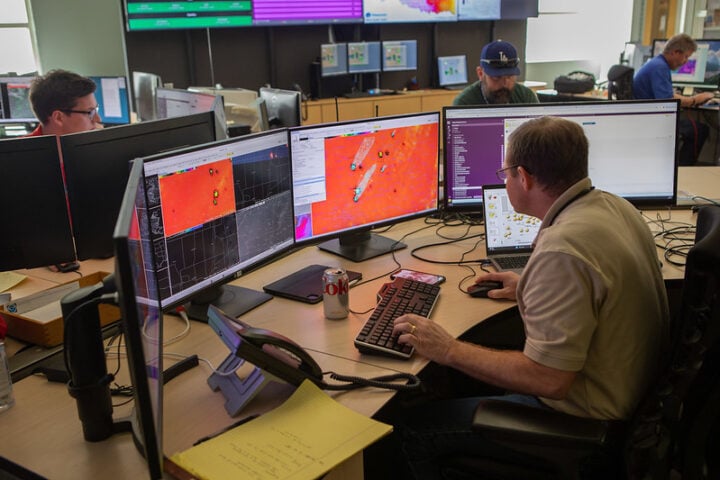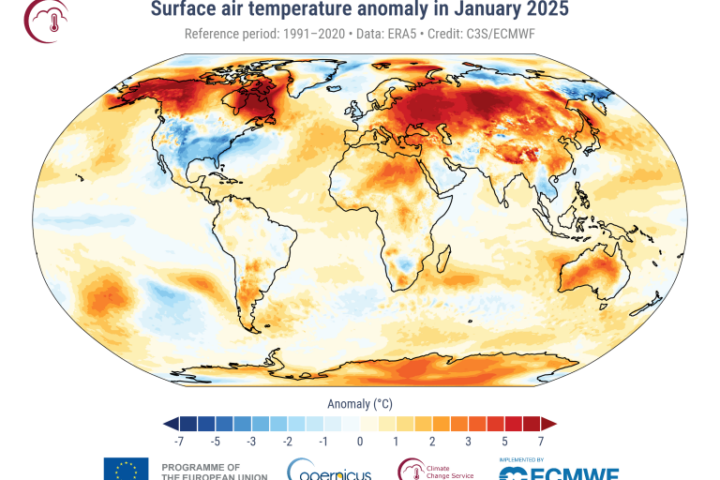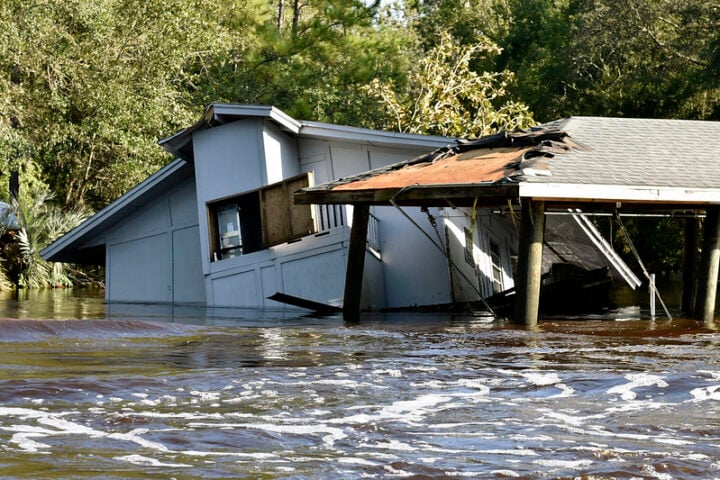The climate crisis has reached such a stage that the UN Climate Chief, Simon Stiell, had to call on the G7 to lead from the front. Simon Stiell asked the Group of 7 countries to act against the climate crisis, particularly through emissions cuts. He also called for better climate finance this year, as it is essential to avoid a global economic disaster. According to Jayashree Nandi of the Hindustan Times, Simon Stiell was speaking at the G7 nations’ ministerial summit on climate, energy, and environment in Turin when he made the above statement.
Leaders from France, the US, the U.K., Germany, Japan, Canada, the EU countries, and host nation Italy have gathered. Stiell said, “I often hear in forums like this one that we cannot possibly move too far forward, lest we predetermine the outcome of negotiations in the UNFCCC (UN Framework Convention on Climate Change).”
The G7 are collectively only targeting a doubling of renewable capacity by 2030, according to an analysis by the independent energy think tank Ember. It leaves a gap of 0.7 TW to reach a tripling. Ember said, “Failure to do so risks undermining the global goal at its very first hurdle.”
Stiell emphasized that G7 leading from the front is essential to avoid a global economic disaster. He warned the G7 not to invest public funds in fuel subsidies. Stiell called for phasing out coal by 2030 to be aligned with the 1.5-degree target.
Similar Post
An important lesson was driven home by the success of COP28, that halving emissions this decade is not just a question of reducing the supply of fossil fuels, it is also a question of reducing demand. According to Stiell, the G7 must make progress on finance in order to deliver on the New Collective Quantified Finance Goal (NCQG). This includes properly funding multilateral development banks.
Stiell added that reforming those banks and the wider financial architecture to enable climate risks was another goal. The UN official said that he would gladly call each and every finance minister personally. He urged all of them to take a clear message back to their entire cabinets and policymaking colleagues.
In short, the UN Climate Chief has urged the G7 to lead from the front, particularly through emission cuts, and better climate finance this year, as it is essential if we are to avoid a global economic disaster. Postscript: The G7 has just agreed to phase out coal power by the early 2030s—almost all members are already taking major steps to achieve this goal by 2030. This is a big step for Japan, the only G7 country without a domestic coal phaseout commitment. This is in alignment with a 1.5-degree Celsius target.


